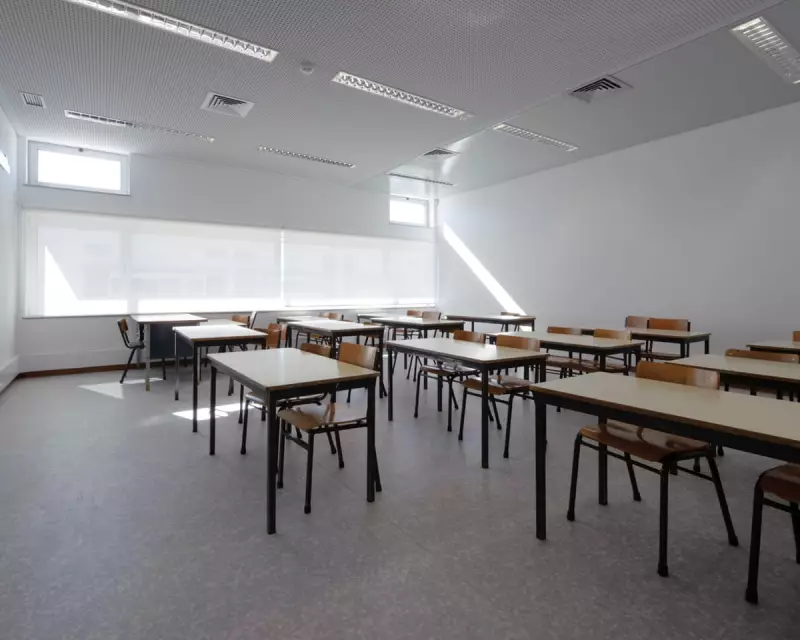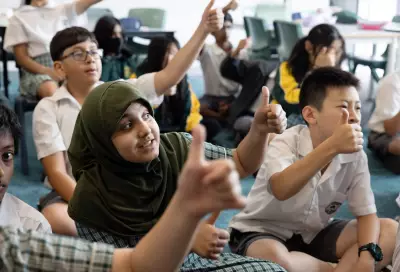
Startling new research has uncovered the extensive use of isolation rooms across England's secondary schools, revealing that approximately one in twelve pupils are being removed from regular classrooms at least once every week.
The Scale of Separation
The comprehensive study, examining data from hundreds of secondary institutions, paints a concerning picture of behaviour management practices. An estimated 8% of students across year groups find themselves regularly placed in isolation facilities – spaces typically designed to separate pupils from their peers for behaviour management.
Vulnerable Students Bear the Brunt
Perhaps most alarmingly, the research highlights significant disparities in how isolation practices affect different student groups. Children with special educational needs and those eligible for free school meals face substantially higher rates of removal from mainstream classrooms.
"The findings suggest we're dealing with a hidden epidemic of separation," commented one education expert familiar with the research. "When such significant numbers of children, particularly the most vulnerable, are routinely isolated, we must question whether this represents effective education or institutional failure."
Growing Concerns Among Professionals
Teaching unions and child welfare advocates have expressed deep concern about the findings. Many question whether isolation rooms serve as genuine behavioural interventions or simply function as containment strategies for overwhelmed schools.
Critics argue that frequent isolation can:
- Damage student-teacher relationships
- Hinder academic progress through missed instruction
- Adversely affect mental health and wellbeing
- Create cycles of repeated behavioural issues
A Call for Reform
The research emerges amid growing scrutiny of behaviour management policies in English schools. Many institutions defend isolation rooms as necessary tools for maintaining classroom秩序 and protecting learning environments.
However, the study's authors urge educational authorities to reconsider reliance on separation techniques and invest in alternative, more supportive approaches to behaviour management.
As one child psychologist noted, "When our first response to challenging behaviour is removal rather than understanding, we risk failing the very children who need our support most."





